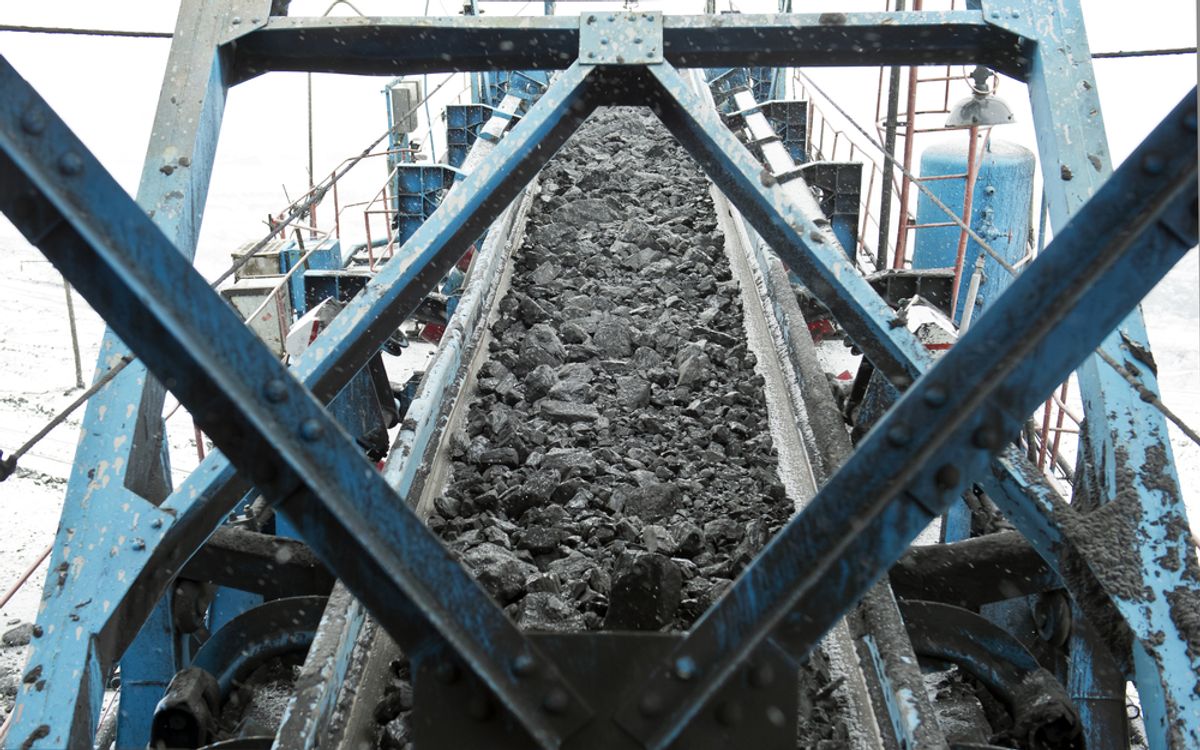What's the very best reason not to expand coal mining on public land? Coal is contributing to global warming. And a federal judge just blocked a proposed Colorado mine for that very reason, InsideClimateNews reports. People, it would appear, are finally starting to get it.
In touting the potential economic benefits of the mine but ignoring fossil fuels' effect on climate change, ruled U.S. District Court Judge R. Brooke Jackson, federal agencies failed to consider the complete cost of the project. He decreed: "It is arbitrary to offer detailed projections of a project's upside while omitting a feasible projection of the project's costs."
InsideClimateNews explains why this is such a big deal:
The decision was a significant judicial endorsement of a policy tool known as the "social cost of carbon," which economists and climate scientist use to put a price in today's dollars on the damages from drought, flood, storm, fire, disease and so forth caused by future global warming due to our emissions from burning fossil fuels.
"It is arbitrary to offer detailed projections of a project's upside while omitting a feasible projection of the project's costs," Johnson decreed.
The Obama administration has increasingly used the social-cost figure to help decide whether restraints on carbon dioxide emissions are worthwhile. Industry groups and their allies in Congress have sought to limit its use. Environmentalists call it a useful device for making clear that there are high costs as well as benefits to burning fossil fuels.
"This decision means that these agencies can't bury their heads in the sand when confronting the very real impacts of climate change," said Ted Zukoski, an attorney with Earthjustice, which represented conservationists who sued to block the mining expansion.
Another place where the social cost of carbon might be taken into account? The Keystone XL pipeline. The lifetime environmental impact of that controversial project, according to the Obama administration's estimate, could top $128 billion. The State Department's report finding that the pipeline would not have a major effect on greenhouse gas emissions failed to take those billions of dollars into account. If the reasoning used in the Colorado case holds, InsideClimateNews figures, there's no reason it can't start informing other major decisions -- and we may decide that many of them aren't worth the damage they'll do to the climate.



Shares